Thanks to open-space bonds passed in 2022 and generous landowners, the Buncombe County Board of Commissioners voted to conserve 360 acres at its meeting Feb. 6.
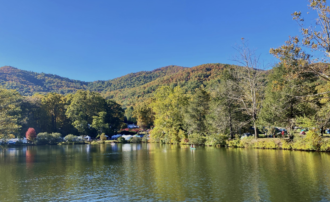

Thanks to open-space bonds passed in 2022 and generous landowners, the Buncombe County Board of Commissioners voted to conserve 360 acres at its meeting Feb. 6.

“As you view Orrin Melonas’ drawing, I hope you’ll agree that not every parcel of real estate is necessarily best suited to be built upon.”
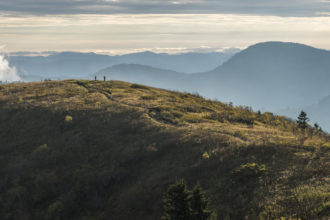
The latest Nantahala and Pisgah National Forests Land Management Plan was implemented last month and outlines land use for the next 20 years.

“These forests belong to all of us. Cutting them down benefits only a few, while protecting them improves everyone’s health and well-being.”


One referendum would authorize $30 million in borrowing for conservation projects while a second referendum would authorize $40 million in bonds for affordable housing efforts.

“The greatest hurdles in this work have been educating the public in how our plants, pollinators and terrestrial wildlife are being harmed by nonnative invasive plants, and in convincing retailers to stop selling such species.”
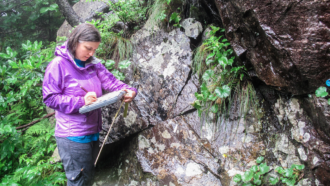
“Help us make a difference with some of our rarest species by joining thousands of visitors in the simple act of staying on trails and heeding any ‘area closed’ signs.”

“However, instead of asking how to get to 100% renewables, we need to refine the question to how can we reduce our energy demand so that we can get to 100% renewables.”
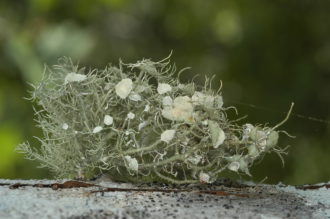
“We are fortunate to live in an Usnea-rich bubble, but over-harvesting or other unsustainable collection practices could threaten the beard lichens’ very survival.”
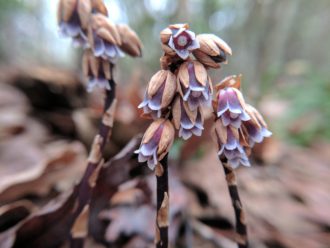
“As a culture, we suffer from plant blindness, largely ignoring the green organisms all around us that spend their days quietly gathering sunlight.”
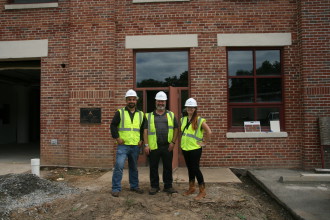
San Diego-based yeast producer White Labs is now hiring for its Asheville facility, and local breweries focus on supporting environmental sustainability and conservation efforts.

“Western North Carolina is home to the native brook trout. Recently, the brook trout population has drastically declined.”

Now’s the time to start thinking about conserving water in the garden. The Men’s Garden Club of Asheville will host a program on water-wise gardening in WNC at its next meeting, Tuesday, Feb. 5.
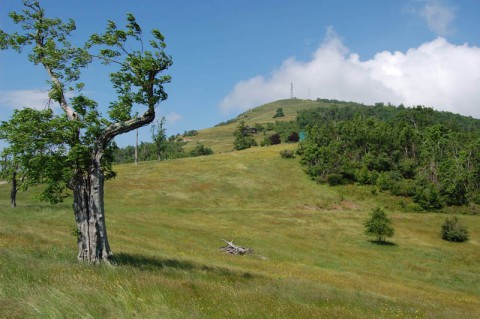
A small — but important — conservation easement was added to several others on the Buncombe/Henderson highlands last month.
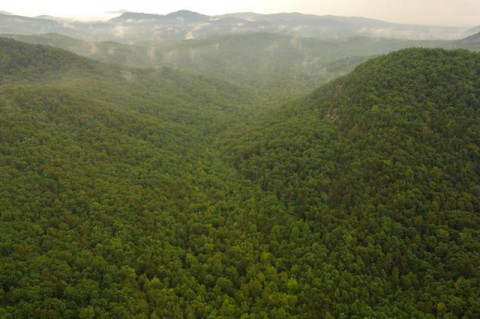
Every so often, wilderness gets a break. Consider the case of the Box Creek Wilderness, a 3,300-acre forest tract straddling the Rutherford/McDowell county line just east of Asheville.
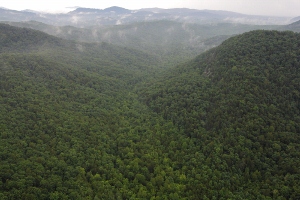
Large areas of untrammeled nature are increasingly hard to come by in North Carolina — especially where the mountains meet the Piedmont, the state’s most urbanized and densely populated region. But every so often, wilderness gets a reprieve. So it is with the Box Creek Wilderness, a 3,300-acre link between the Blue Ridge and the South Mountains just east of Asheville.

The board passed a zoning ordinance that could allow more asphalt plants to be built in the area and voted to allocate over a million dollars to fund land conservation easements.

The Conservation Fund has announced the $5.5 million purchase of a 786-acre tract, formerly owned by Congressman Charles Taylor, which represents the last, unprotected section of the storied Foothills Trail that winds along the border between North and South Carolina.

The good news and the bad news: Committees present annual reports on conservation easements and adult care facilities.
The project, which will produce photo-maps of unmatched detail, is part of the state’s 911 emergency-readiness program. “You will be able to make out individual branches on the trees,” said N.C. forester Andrew D. Bailey. In addition to helping emergency response, the imagery will also be used by other state and local agencies, including conservation agencies such as the state Forest Service and local parks and recreation offices.